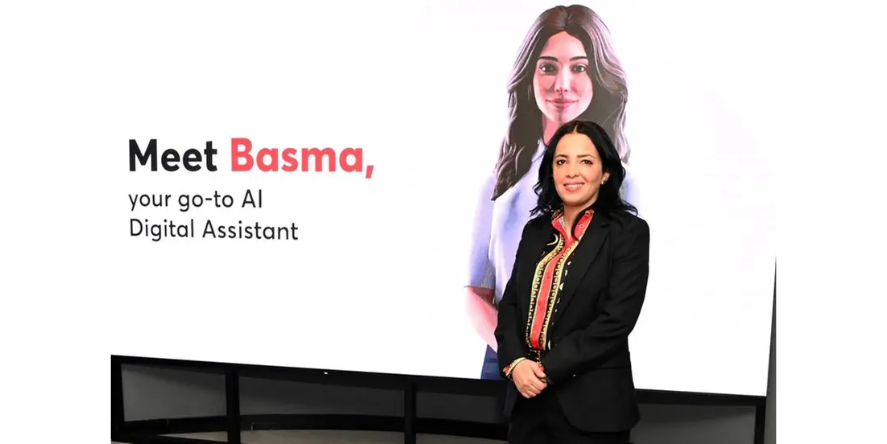Brand View: Gabriel Chahine- Managing Director at Alix Partners Middle East has penned down that, few regional lessons must be learned from private equity firms that could prove as a big booster up for the GCC private sector.
The private equity firms in the global arena are often criticized and shown in a negative way pointing them as the spoilers or even at times as “Barbaric at their prime foundation.”
However, in GCC arena, wherein many crux private sector companies are owned as well operated with support of a holding company, family conglomerate or sovereign wealth fund, there are crucial lessons to be learned from private equity, bolstering and tightening the firms, their performance as well as advancing the reformed government agendas in broad daylight.
Adhering to have disciplined work ethics makes the Private equity firms providing a significant boost up for many private sectoral players across length and breadth of GCC economy. Although, most of them would be highly influenced by a range of metrics determining a company’s success like: –
- Operating capacity for long-term revenues.
- Profit, and its margin in recent times.
- Enough liquidity surplus assets and timely tracking upon the liability side for attaining best results in favor of the firm.
However, at last, all the private equity firms’ decisions bogs down to the previous spot viz. does this company generate enough cash and its current net worth in the market?
Macroeconomic core factors like A focus on mobilization, business improvements, and sustainability, utmost priority consented on to create short-term value creation and revenue generation, etc. will lead to strengthening the companies and as well business owners in taking best advantage of the opportunities offered in today’s economic landscape, thus building solid and better foundation in longer-term and face all the bullish as well challenging road ahead.
Particularly an essential part for all of the consumer-facing sectors in Saudi Arabia has witnessed a dramatic change around of landscape of their businesses with a familiar surge in the business cost by 15 percent in the past three to five years.
The positive part is played especially by principal shareholders in these companies’ ownership structures by taking swifter and decisive steps adapting to newer realities, which include: –
I. Changing their respective board rooms.
II. Incentivizing portfolio professionals to be more involved in the assets.
III. Advancing and relying on the regional government agendas.
IV. Inventing machinery for a stronger economy by cutting the dependence on subsidies etc.
V. Providing better ample growth opportunities for the workforce by the creation of sustainable work positions.
As well, the success of an organization is often correlated to improvised and better morale of the team or workforce. Thus, simple and rigid yet a bit flexible leadership mind-set and change can lead to a lot of wonders for the betterment of company’s future by building in stronger, healthier cohesive working environment and having best long-term prospects having a better-engaged workforce.
At this juncture, a query would arise that how one could do it, especially while starting up, owners must have
Conduct a thorough review of the financial planning and robustness of operative companies. If it’s not in place, the next step is to instill a place of transparent as well controllable cash management process, thus, having enough liquid funds to run up business. As well as time to time, companies must go in for restructuring of the organizational incentives program.
The cash flow maximization policy would, in turn, have two key benefits that one it would provide adequate flexibility in boosting daily operations of a business, and secondly, it could be utilized as a strategic lever because of game-changer procurements.
Asking these queries, and addressing any “nos”, can facilitate shift business owners and firms towards a new results-oriented mental attitude, underpinned with dynamic structures and processes systematically enforced.
Ultimately, the foremost necessary expression of success is whether or not the individual answerable for every quality – or each company – is incentivized to make enterprise price. He or she should be ready to focus not solely on increasing stockholder price; however, additionally on maximizing value for all stakeholders.
This is the core gospel of the private equity mindset, and therefore, the most useful lesson for the GCC private sector. That’s why it’s at the centre stage of the excellent, quick and execution-oriented approach we tend to at Alix Partners decision a Proactive Transformation.
Nimble management consultancies will facilitate these exclusive strategies. However, the primary step must return from the business owners, an easy shift in mental attitude will build a stronger future for the GCC personal sector, and everybody United Nations agency interacts with it, from government agencies to individual shoppers.
















